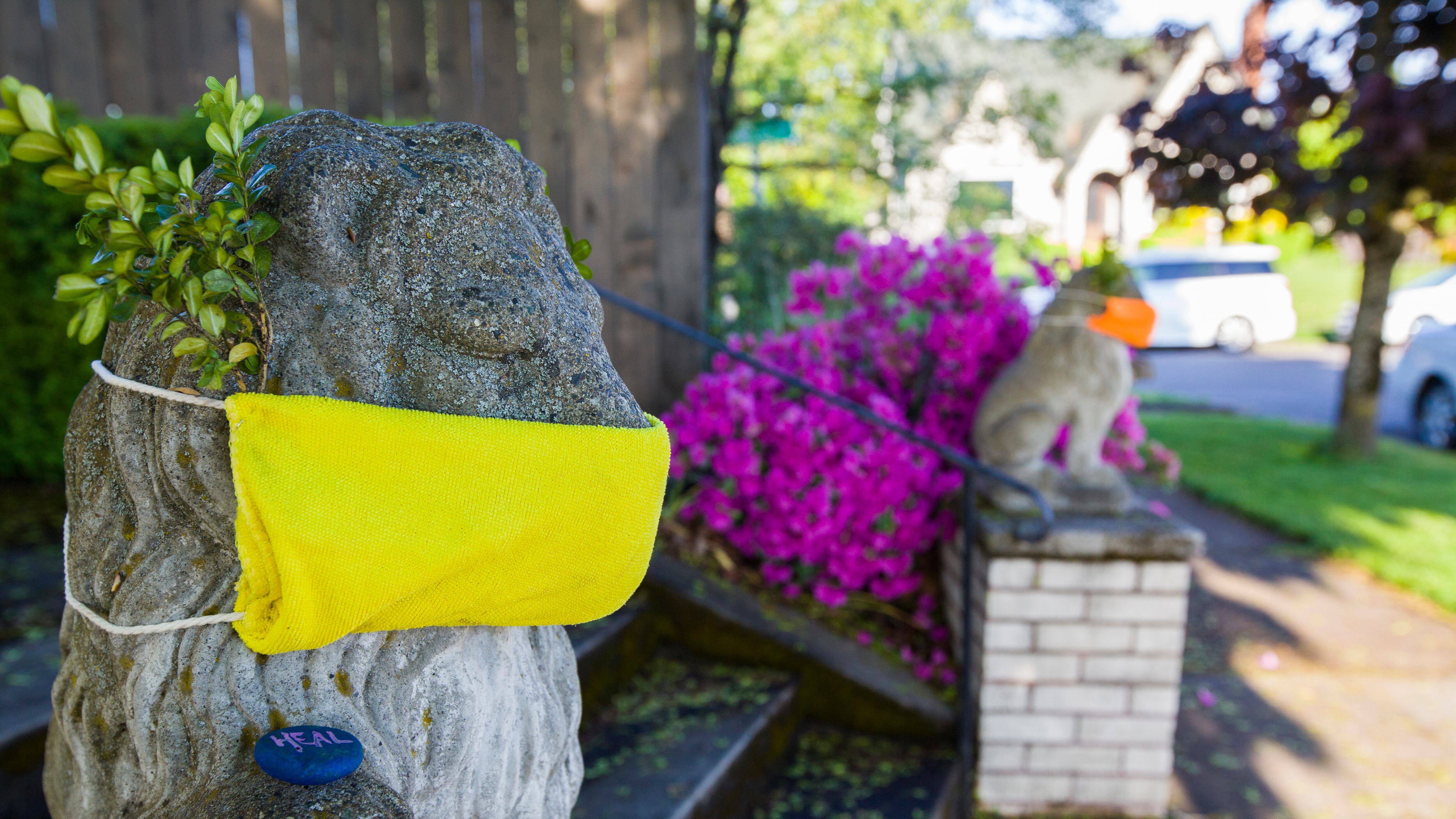They say we may have to shelter in place for one to two more years before a coronavirus vaccine becomes available—but a bunch of vaccines are already being tested! Why do three-phase clinical trials take so long?
—The Sheltering Guy
It's mostly Phase III that eats up the clock, Guy. That's the real-world resistance test, where you give the vaccine to, say, 5,000 people, a placebo to another 5,000, and let everyone go about their business. Eventually (if all goes well), you'll notice that folks in the placebo group are getting the disease at the same rate as the rest of us schmucks, and those in the vaccine group aren't. Cue Nobel Prize!
Unfortunately, this can take a while. Let's use Oregon as an example why.
Currently, only about 50 of us per day have been testing positive for COVID-19. Let's assume (generously) that we're missing some cases, and there are really more like 100 new infections daily. This would mean that, in a given day, only two one-thousandths of 1 percent of Oregonians are getting the virus.
Assuming your 5000-strong placebo group is a perfect sample (it won't be), it'll have maybe three positives every month. Meanwhile, since even effective vaccines don't confer immunity on everyone, you'll probably see some cases in the vaccine group as well. It takes a long time for such numbers to diverge to the point of statistical significance.
Wouldn't it be faster to just deliberately expose all your vaccinated volunteers to the CV right away and see who dies? You bet! This expose-everybody model is called "human challenge." Unfortunately for the aspiring Josef Mengele in all of us, it's normally considered wildly unethical to use this method with deadly, incurable diseases.
But these aren't normal times, and some scientists say this isn't the moment to split ethical hairs. One website has even registered over 13,000 people ready to be Earth's newest heroes as guinea pigs in a (so far hypothetical) human-challenge CV study.
We routinely let people risk death as soldiers, firefighters and (most recently) grocery clerks. If it's OK to let asthmatic pizza guys stare down La Rona for $12.50 an hour, shouldn't it be OK to let a few selfless volunteers do the same for a crack at the Presidential Medal of Freedom and a Benetton contract?

